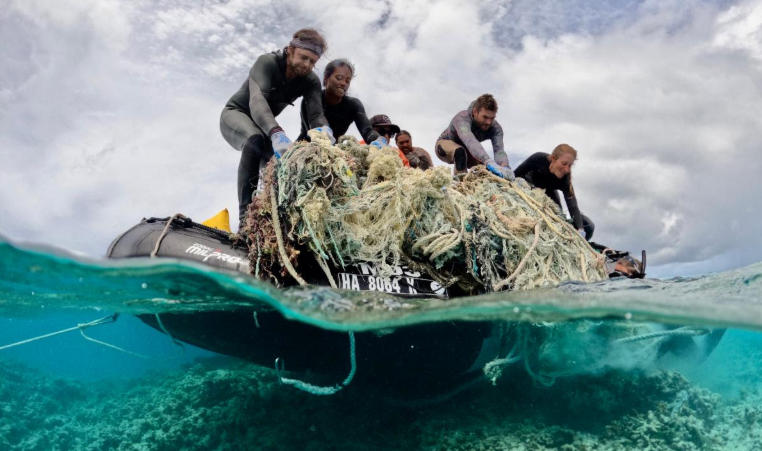Understanding Marine Debris: A Growing Concern
Marine debris is a pressing issue that affects our oceans, marine life, and even human health. Every year, millions of tons of trash find their way into our waterways, disrupting ecosystems and posing risks to wildlife. By raising awareness and exploring the impact of this issue, we can encourage meaningful change.
Sources of Marine Debris
The sources of marine debris are diverse, ranging from plastic bottles and fishing gear to microplastics and abandoned vehicles. Most debris originates from urban areas, landfills, and shipping operations, with plastic materials making up a significant portion of the waste. Improper waste management and littering often exacerbate the problem, as these materials can travel vast distances through rivers and storm drains before reaching the ocean. Understanding these sources is crucial for implementing effective solutions to reduce marine debris.
Impact on Marine Life
Marine debris poses severe threats to wildlife. Sea turtles may mistake plastic bags for jellyfish, leading to choking or internal injuries. Birds often ingest small plastic particles, mistaking them for food, resulting in malnutrition or starvation. Additionally, larger debris can entangle marine animals, causing injuries or even death. These impacts ripple through ecosystems, disrupting food chains and altering habitats. Addressing this issue is essential not only for the health of marine life but also for the balance of entire ecosystems.
Community Actions and Solutions
There are several proactive steps that communities can take to combat marine debris. Organizing beach cleanups, promoting recycling programs, and advocating for policies that reduce single-use plastics are just a few ways to make a difference. Education is also vital; raising awareness about the impacts of litter and responsible disposal can motivate individuals and businesses to take action. Simple changes, like using reusable bags and containers, can significantly reduce the amount of waste that ends up in our oceans. Collaborative efforts can lead to lasting change, protecting marine ecosystems for future generations.
Conclusion
Marine debris is a complex challenge that requires collective action from individuals, communities, and governments. By understanding its sources, impacts, and potential solutions, we can work together to safeguard our oceans and the remarkable life they harbor. We encourage you to explore local initiatives, participate in cleanups, and make environmentally conscious choices to help reduce marine debris. Together, we can create a cleaner, healthier ocean for all.

